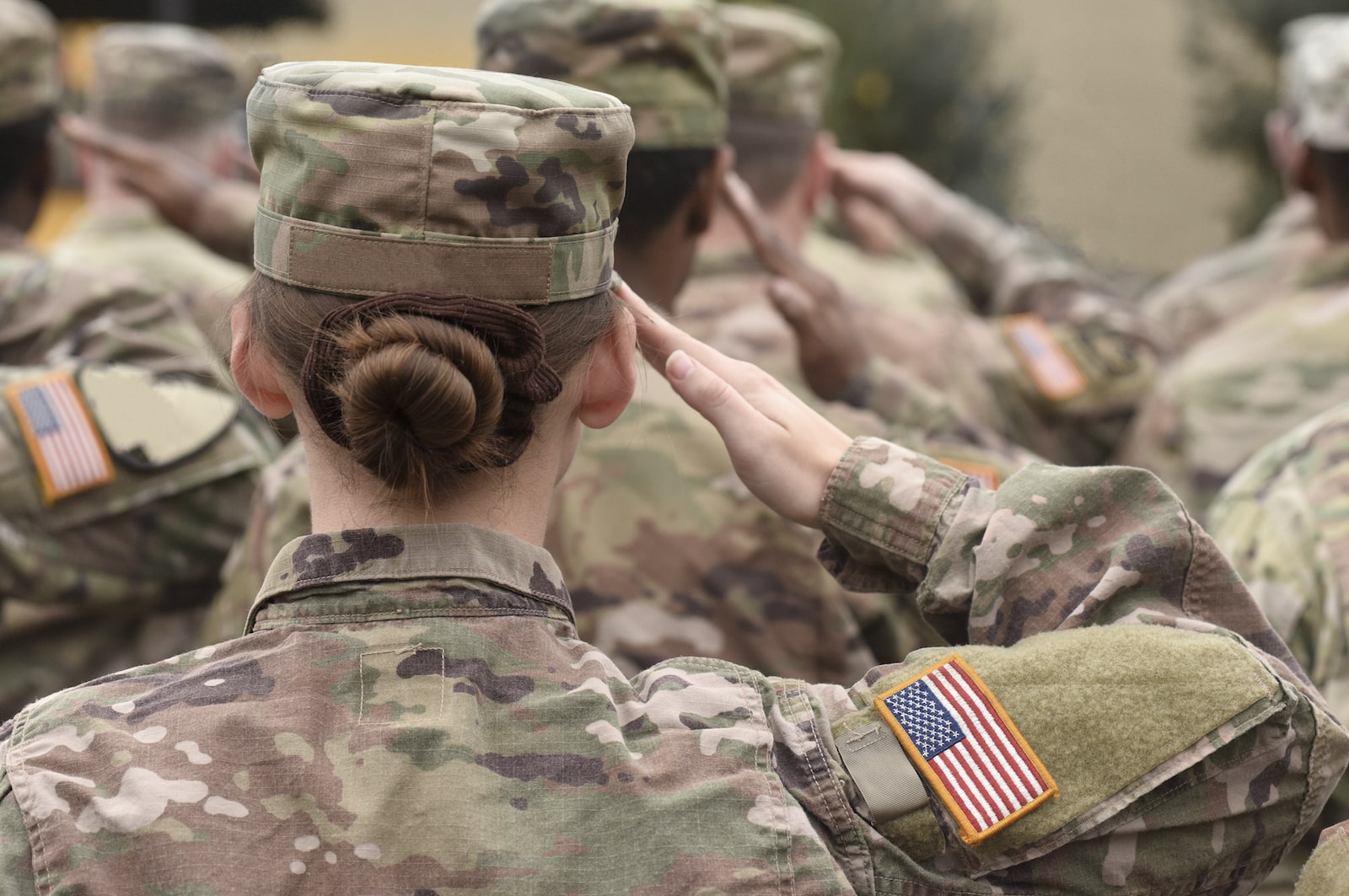Life After the Military: What Happens Next
Adjusting from the strict routine of military life to the relaxed pace of civilian retirement can significantly alter one’s eating habits. How do these changes affect the daily lives of retired Marines? Is it always for the better?
#1. Portion Control

In the service, Marines are used to eating whatever is served in the mess hall, often in large, hearty portions meant to fuel physically demanding activities. After retirement, the challenge is learning to adjust portion sizes to match a less active lifestyle.
#2. Nutritional Choices

While active duty often limits dietary options to what’s available in the field or mess hall, retirement opens up a world of nutritional choices. Retired Marines have the freedom to explore a wider variety of foods, but this freedom can also lead to less disciplined eating habits without the structured meal times and options.
#3. Cost of Eating

Eating habits post-service also need to consider the financial aspect. While meals are provided in the military, retirees need to budget for groceries and dining, which can lead to a significant change in how and what they eat, depending on their retirement income.
#4. Health Considerations

With age, the metabolism slows, and health considerations become more prominent. Retired Marines often need to adapt their diets to address health issues like diabetes or heart disease, which might not have been a priority during their younger, more active years.
#5. Social Eating

Meal times in the military are as much about camaraderie as they are about sustenance. After retirement, social eating can shift from communal dining halls to family meals and social gatherings, which can profoundly change how they approach food.
#6. Time and Skill for Cooking

Retirement provides Marines the time to cook and the opportunity to develop their culinary skills, a stark contrast to eating pre-prepared meals in the service. This can lead to healthier eating habits, as long as the motivation to cook persists.
#7. Psychological Adjustments

The transition from military to civilian life involves significant psychological adjustments, which can affect eating habits. Food can become a source of comfort during this change, for better or for worse.
#8. Accessibility to Foods

Retired life may change where Marines live, possibly giving them access to different types of food markets than they were used to near bases—ranging from farmers’ markets to international groceries. This can greatly diversify their diet.
#9. Dietary Freedom

Without the strict rules governing meal times and contents, retired Marines often experience a newfound dietary freedom. This can lead to experimentation with diets and cuisines previously unavailable or unconsidered.
#10. Influence of Family

Family members often play a more significant role in diet as Marines retire. Dietary decisions may now be influenced by the preferences and health needs of spouses or children, contrasting with the individual-focused meals on base.
The Transition

As retired Marines transition from the disciplined dietary environment of the military to the more autonomous civilian world, their eating habits undergo significant transformations. These changes can offer a new sense of freedom but also pose challenges that require careful consideration and adjustment. By embracing these changes with a critical yet open approach, retirees can maintain their health and enjoyment of food in their new life stage.
Toxic Talk: 21 Phrases to Never Say to Your Kids

Are you worried about the impact of your words on your child’s well-being? Let’s tackle 21 phrases that might be causing more harm than you realize. Toxic Talk: 21 Phrases to Never Say to Your Kids
Breaking Ties: Recognizing When It’s Time to Go No-Contact with Parents

Deciding to go no-contact with a parent is a profound, often painful choice, but sometimes it’s necessary for personal well-being. Are you grappling with the decision to distance yourself from a toxic parental relationship? Breaking Ties: Recognizing When It’s Time to Go No-Contact with Parents
Stop the Stereotypes: 20 Gender-Based Comments Kids Don’t Need

It’s time to challenge traditional narratives that limit kids’ potential. Here are gender-specific phrases and ideas to avoid, fostering a supportive and open-minded environment for the next generation. Stop the Stereotypes: 20 Gender-Based Comments Kids Don’t Need
Reasons Your Adult Children May Be Pulling Away

Are you wondering why your grown-up kids seem to keep their distance? It might be a good time to look back and consider if some old parenting habits are to blame. Reasons Your Adult Children May Be Pulling Away
Want Happy Kids? Try These 15 Parenting Strategies

Parenting is both a privilege and a responsibility. Here are 15 research-backed strategies to help you raise happy children. Want Happy Kids? Try These 15 Parenting Strategies
The post Life After the Military: What Happens Next first appeared on Peachy Fours.
Featured Image Credit: Shutterstock / Jacob Lund.
For transparency, this content was partly developed with AI assistance and carefully curated by an experienced editor to be informative and ensure accuracy.







